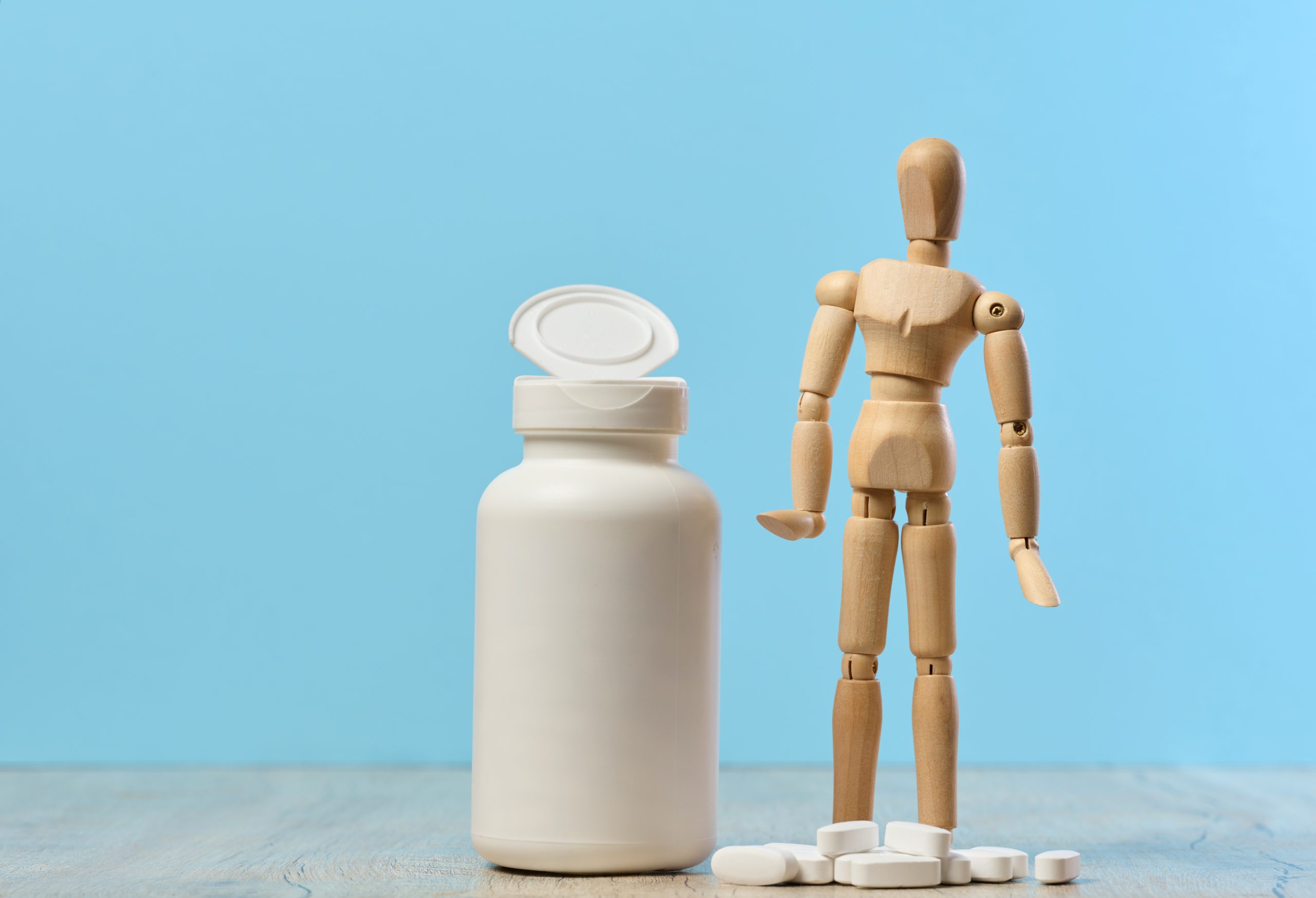What You'll Learn:
- Understand the withdrawal symptoms of gabapentin and their impact.
- Learn effective strategies on how to stop gabapentin withdrawal.
- Assess whether is gabapentin withdrawal dangerous and the necessary precautions.
- Explore the duration of symptoms and how long does gabapentin withdrawal last.
- Discover effective relief methods on what helps gabapentin withdrawal.
- Recognize what does withdrawal from gabapentin feel like to better prepare for the process.
Gabapentin is commonly prescribed for neuropathic pain and as an anticonvulsant. While it offers significant benefits for these conditions, discontinuing gabapentin can lead to withdrawal symptoms, which can be a concern for those who are considering stopping their medication.
What Are the Withdrawal Symptoms of Gabapentin?
The withdrawal symptoms of gabapentin can be quite diverse, affecting both physical and mental health. Common symptoms include anxiety, insomnia, nausea, pain, and sweating. These arise as the body and brain adjust to the absence of the drug, which moderates neurotransmitter activity. Some patients may also experience more intense symptoms such as rapid heartbeat, changes in blood pressure, and extreme sensitivity to light.
What Does Withdrawal from Gabapentin Feel Like?
Many describe it as experiencing a sudden resurgence of the very symptoms the drug was supposed to manage, such as nerve pain or seizures, along with new withdrawal-specific symptoms like gastrointestinal distress, headaches, and profound irritability. Emotional disturbances are also significant, with mood swings and anxiety being particularly challenging.
Is Gabapentin Withdrawal Dangerous?
While typically not life-threatening, gabapentin withdrawal can be a valid concern, especially if the medication is discontinued abruptly. Severe cases can lead to more dramatic symptoms such as profound confusion, hallucinations, and even seizures if the withdrawal process is not managed correctly. These risks highlight the importance of medical supervision during the discontinuation of gabapentin.
How Long Does Gabapentin Withdrawal Last?
The duration of withdrawal symptoms varies greatly. It typically depends on factors such as the dosage, duration of use, and the individual's health condition. Withdrawal symptoms generally appear within 12 to 48 hours after the last dose and can last from one week to a month, with intensity diminishing over time.
How to Stop Gabapentin Withdrawal?
This involves a carefully managed tapering process. Gradually reducing the dosage allows the brain to adjust to lower levels of the medication, reducing the severity of withdrawal symptoms. This process should always be guided by a healthcare professional who can tailor the tapering schedule based on individual needs and responses.
What Helps Gabapentin Withdrawal?
Addressing what helps gabapentin withdrawal involves multiple strategies:
- Hydration and Balanced Diet: Proper hydration and a healthy diet help stabilize the body and support natural detoxification processes.
- Medication Management: In some cases, other medications may be prescribed to alleviate specific withdrawal symptoms, such as anticonvulsants for seizure control or antidepressants for mood stabilization.
- Physical Activity: Light exercise can increase endorphin levels, which naturally alleviate pain and boost mood.
- Support Systems: Emotional support from therapy, counseling, or support groups can provide relief from the psychological challenges associated with withdrawal.
If you or someone you care about is facing the prospect of discontinuing gabapentin, professional guidance is crucial. At American Recovery, we offer comprehensive support and tailored treatment plans to manage medication withdrawal safely and effectively.
Contact us today at 866-484-2502 to discuss your situation with our expert team. We are here to provide the care and support you need to transition away from gabapentin safely, helping you move towards a healthier, medication-independent life. Reach out now and take the first step toward a successful recovery.


